Dog food nutrients
All dogs need a wide range of nutrients to live a healthy life. These range from the macro-nutrients like protein and fat which dogs need in large quantities to micro-nutrients like vitamins and minerals which are needed in much smaller amounts but are just as crucial to a dogs health. All dog foods are required to provide the percentages of certain nutrients on the label, but if you need any more details you should get in touch with the manufacturer and they will usually be happy to help.
Protein is an important part of every cell in your dog's body and is essential for healthy growth and repair. Skin and muscle tissue both contain large amounts of protein and it is also the main component of hair and nails. In dogs, protein is also an important energy source.
Dietary protein can come in many forms from many sources. The most natural and digestible form for dogs comes in meat and fish. Dogs have evolved to consume relatively high quantities of meat and their physiology has adapted to easily digest and utilise the nutrients the meat contains. This is why nutritionists always put so much emphasis on the meat content of a food.
Unfortunately, meat is an expensive ingredient and many lower grade dog foods cut costs by substituting meat with cheaper protein sources like soya meal, maize gluten, potato protein, vegetable protein and so on. Proteins from non-meat sources are harder for the dog's body to digest and use and have a higher chance of causing dietary intolerance.
Traditionally, most adult dry foods have contained 20-30% protein (about 5-8% in wet foods) and many dog owners and dog food manufacturers have suggested that higher protein diets can be harmful. More recently, however, a new wave of high-meat/high-protein foods have shown that as long as it comes from good, animal sources, dogs are more than capable of handling high amounts of protein. As with most things, when it comes to protein, quality is much more important than quantity.

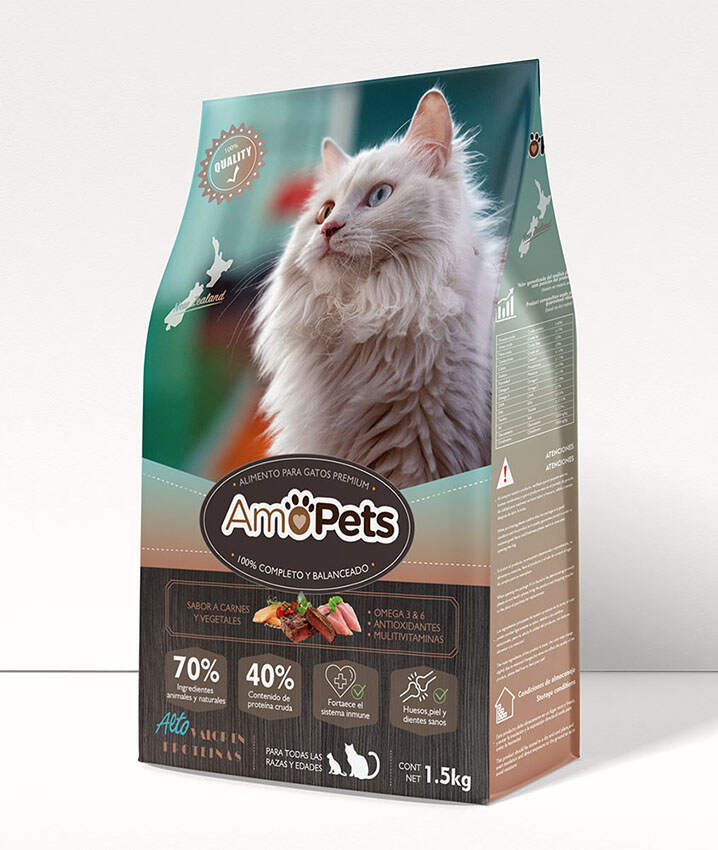
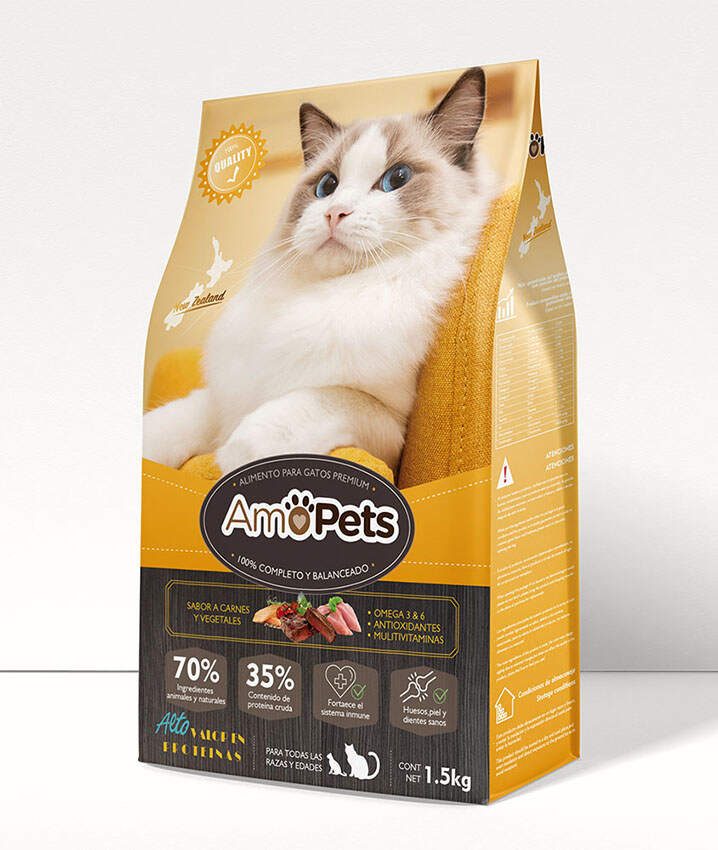
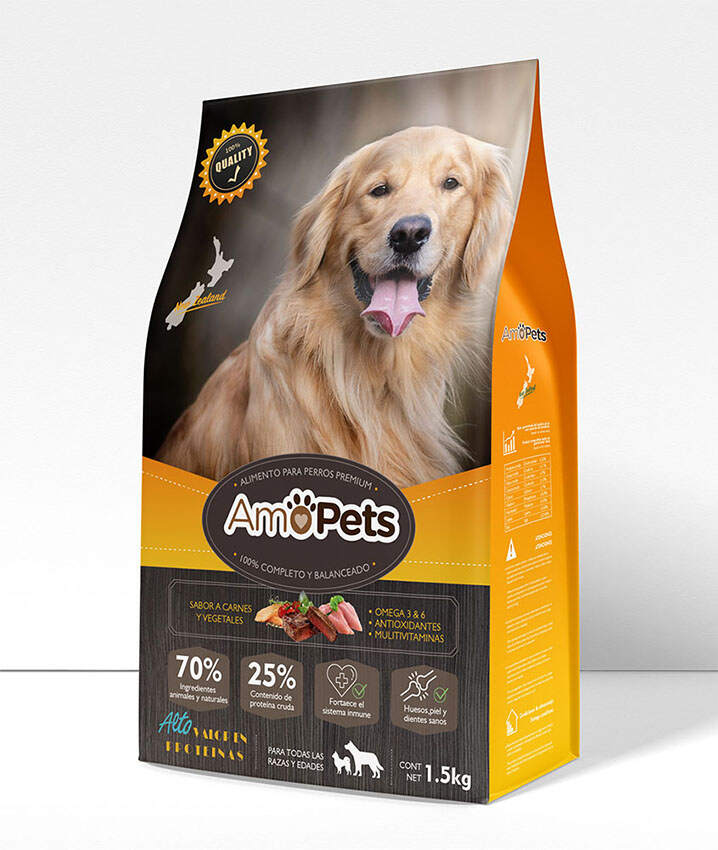
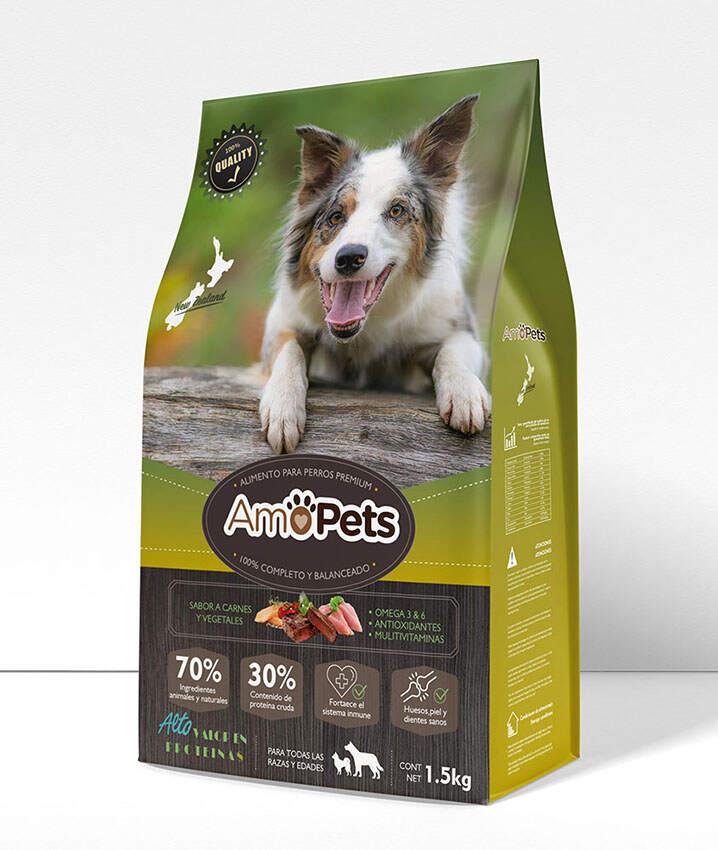
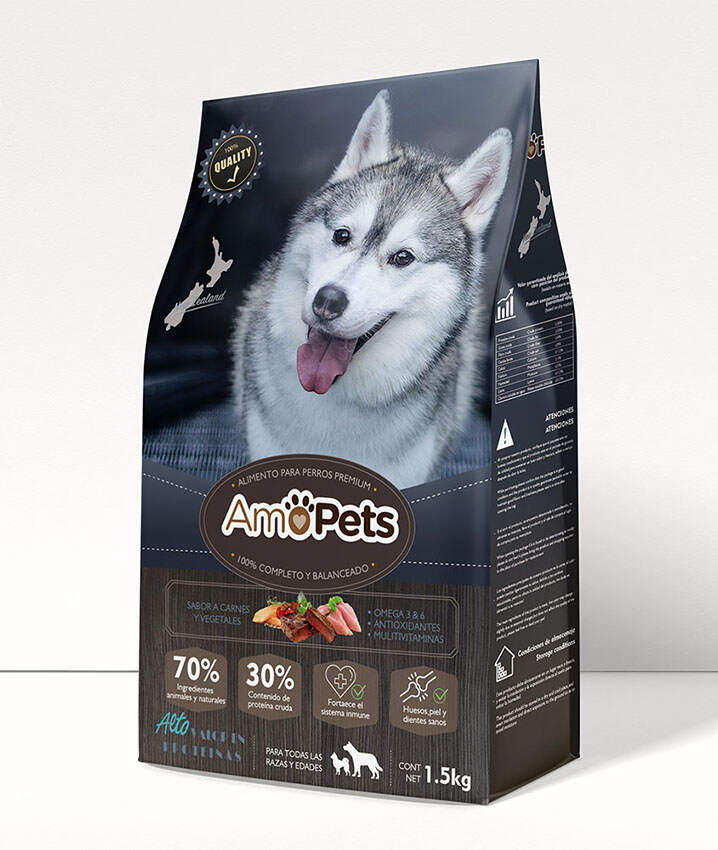
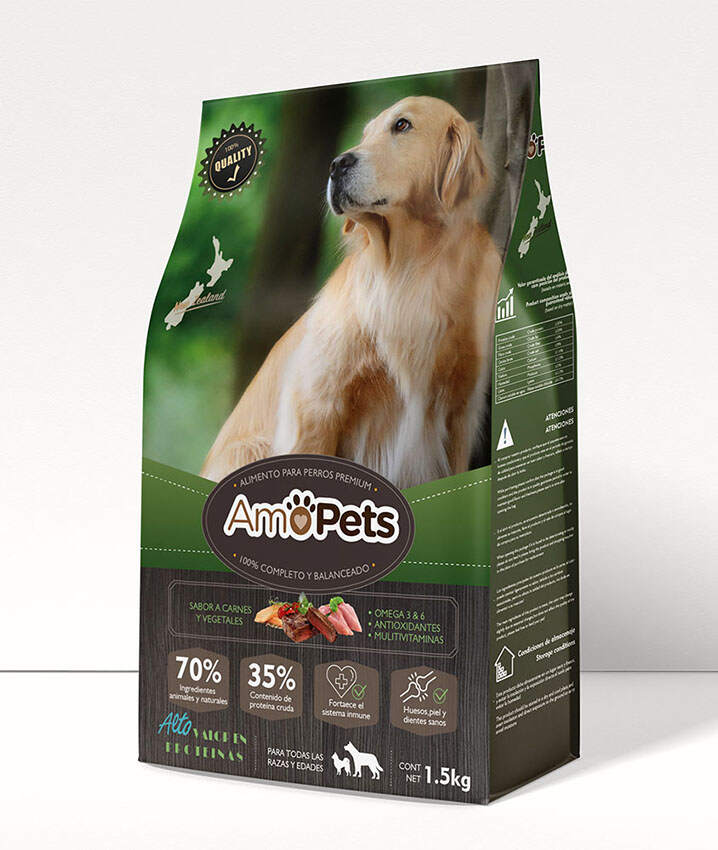

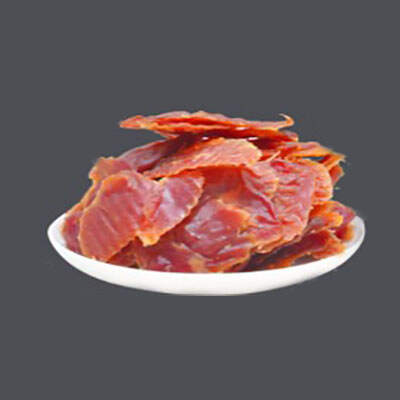

Submit a request